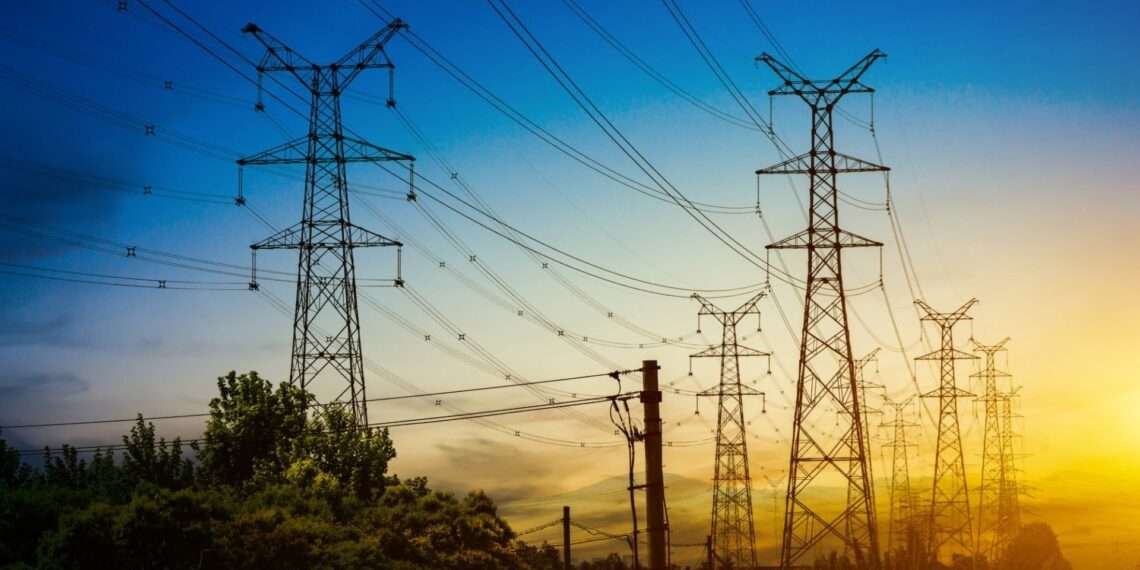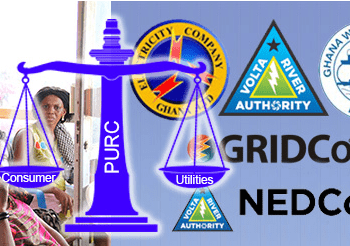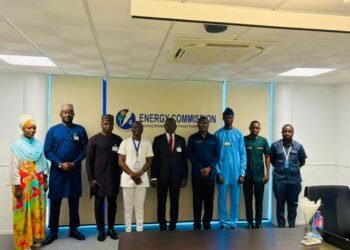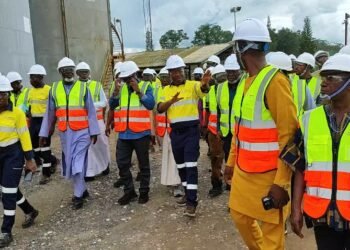Ghana’s power sector is facing a deeply troubling crisis, one that has raised alarm bells not only among industry experts but also among consumers, investors, and policymakers alike.
Dr. Elikplim Kwabla Apetorgbor, Chief Executive Officer of Independent Power Generator Ghana, has warned that the nation’s power system is “flashing red” and that the recent surge in both scheduled and emergency maintenance operations by the Electricity Company of Ghana (ECG) and the Ghana Grid Company (GRIDCo) signals a much deeper structural crisis.
“These maintenance exercises, occurring with increasing frequency, are no longer just routine interventions.
“They reflect a dangerously overstretched transmission and distribution infrastructure that risks a catastrophic system collapse if left unaddressed.”
Dr. Elikplim Kwabla Apetorgbor, Chief Executive Officer of Independent Power Generator Ghana
In a well-managed power system, maintenance is anticipated through planned, predictive, and preventive measures rather than through reactive, disruptive interventions.
Dr. Apetorgbor explained that the current trend in maintenance work suggests that Ghana’s grid assets are not only aging but are also burdened beyond their intended capacity.
The frequency of these operations, he argued, is a glaring signal that the infrastructure is underinvested and fragile.

“In any well-managed power system, maintenance is planned, predictive, and preventive not reactive and disruptive.
“When maintenance work begins to dominate operational calendars, it signals underlying stress, underinvestment, and system fragility.”
Dr. Elikplim Kwabla Apetorgbor, Chief Executive Officer of Independent Power Generator Ghana
The economic impact of this state of affairs is profound. Every hour of unplanned outage due to maintenance translates directly into revenue losses for ECG.
The utility is already grappling with over 27% unaccountable losses and a host of inefficiencies that affect its bottom line. Industries are forced to shut down, households suffer interruptions, and widespread distrust in the power supply system intensifies.
Dr. Apetorgbor highlighted that “every hour of unplanned outage translates into significant revenue loss for ECG,” a situation that feeds into a vicious cycle of deteriorating service quality and escalating financial deficits.
National Infrastructure Priority
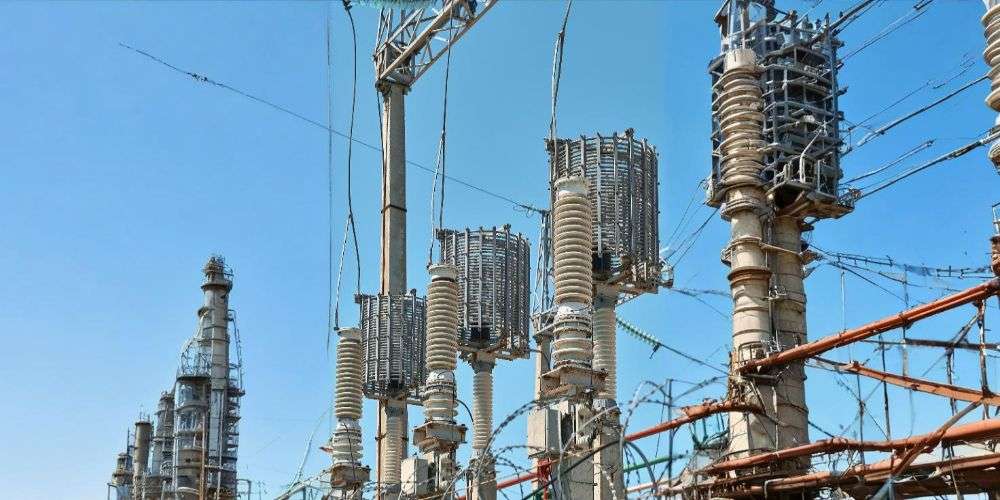
Globally, best practices in power system management underscore that public infrastructure like electricity transmission and distribution networks should be managed as robustly as roads or water systems.
Countries that fail to invest adequately in these sectors experience frequent blackouts, industrial flight, and economic stagnation. “Ghana cannot afford this,” Dr. Apetorgbor warned.
He argued that the time for crisis management and mere firefighting is over. Instead, a focused emergency intervention is required to recapitalize ECG and GRIDCo strategically.
Such an intervention would involve a comprehensive upgrade of the power grid investing in new transmission lines, modern substations, transformers, and digital monitoring technologies.
Dr. Apetorgbor called on the government to consider measures such as concessionary loans, infrastructure bonds, or targeted budgetary allocations to finance this vital restructuring.
“We must stop normalizing frequent outages due to so-called maintenance. These are warnings.
“Without immediate attention, Ghana could face a widespread, injurious system collapse.”
Dr. Elikplim Kwabla Apetorgbor, Chief Executive Officer of Independent Power Generator Ghana
This call to action is not just about mending the immediate shortcomings of a faltering system but also about safeguarding the future viability of the nation’s electricity infrastructure.

The use of reactive maintenance as a stop-gap measure can only delay a more fundamental investment in modern energy infrastructure.
Left unchecked, the excessive reliance on emergency maintenance may lead to a catastrophic breakdown that would cripple economic productivity and deter both domestic and foreign investment.
Dr. Apetorgbor’s opinion resonates with a broader sentiment among energy experts, who have long cautioned against the complacency that has taken root in Ghana’s power sector.
The reality is that the nation’s aging and overburdened grid infrastructure is the product of years of underinvestment and operational neglect.
The urgency of the situation cannot be overemphasized. Ghana has long been hailed as a potential leader in West African power generation and distribution. Yet if its grid fails to evolve, even these positive indicators may prove unsustainable.
It is time for the government and its partners to invest in modernizing the power grid, to embrace preventive maintenance, and to transform Ghana’s energy sector from a reactive system into a resilient, modern infrastructure that supports economic growth and national development.
READ ALSO: Equities Tread Water as Policy Rate Remains at 28%, Financial Analyst Warns



